Noah Howard - Live at The Village Vanguard (1975)
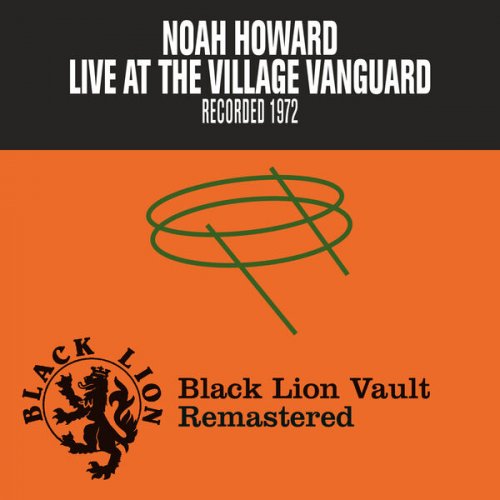
Artist: Noah Howard
Title: Live at The Village Vanguard
Year Of Release: 1975
Label: 1201 Music
Genre: Jazz
Quality: FLAC (tracks)
Total Time: 36:31
Total Size: 194 MB
WebSite: Album Preview
Tracklist:Title: Live at The Village Vanguard
Year Of Release: 1975
Label: 1201 Music
Genre: Jazz
Quality: FLAC (tracks)
Total Time: 36:31
Total Size: 194 MB
WebSite: Album Preview
1. Noah Howard – Back a'Town Blues (Live) (13:30)
2. Noah Howard – Conversation (Live) (08:35)
3. Noah Howard – Dedication (To Albert Ayler) [Live] (14:24)
One of the oft neglected saxophone peers of Ornette Coleman, Marion Brown, and Frank Wright, New Orleans native Noah Howard exploded on the scene in 1966 with two potent recordings for the ESP-Disk label -- Quartet and Live at Judson Hall -- and since then has only been heard sporadically on recordings. This edited live session at the Village Vanguard in 1972 is a reminder of his individuality and originality. Only three tracks are included (under 36 minutes -- what happened to the rest of the session?), the middle cut, "Conversation," is an eight-and-a-half minute alto saxophone solo, demonstrating a calm, well-constructed approach where space is as important as notes. By no means overblown, Howard streams strings of uncluttered, listenable improvisations. The other two tracks are played with a quintet featuring firebrand tenor saxophonist Frank Lowe. "Back A'town Blues" -- in reference to a district in New Orleans, and not the Louis Armstrong tune of the same name -- is a sweet and sour post-bopper with the saxes in anti-pure tonal agreement, controlled but not abrasive. "Dedication" for Albert Ayler comes closer to the free church sonics you'd expect, as pounding yet reverent piano chords from Robert Bruno (whose credits include the Platters, David "Fathead" Newman, and Jimi Hendrix) energize the group, while the stellar drumming of Rashied Ali consistently stokes the mid-level fire in a small cauldron. Those who are not fond of the largely over the top loud and concentrated sounds of Lowe, Ayler, latter period John Coltrane or Peter Brötzmann need not fear what Howard and Lowe are conjuring. In fact, if your ears are truly open, this is a recording you can easily savor, and is a document of Howard's work that is thankfully available. © Michael G. Nastos
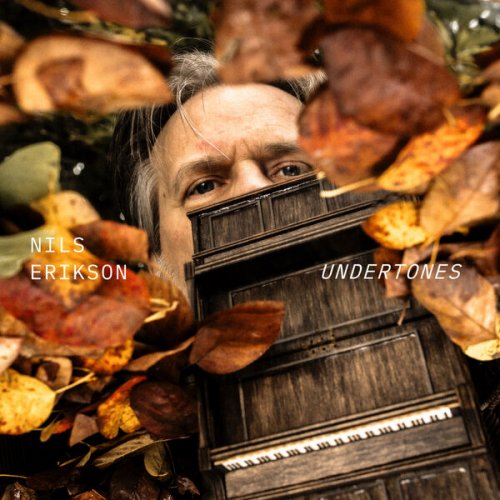
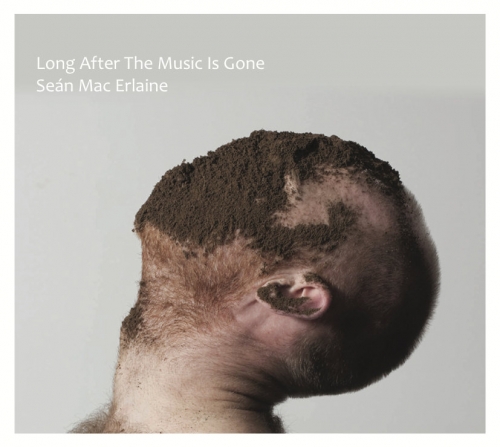
![Pasquale Cataldi - Maybe (2026) [Hi-Res] Pasquale Cataldi - Maybe (2026) [Hi-Res]](https://www.dibpic.com/uploads/posts/2026-02/1771154794_shtkhljffl929_600.jpg)
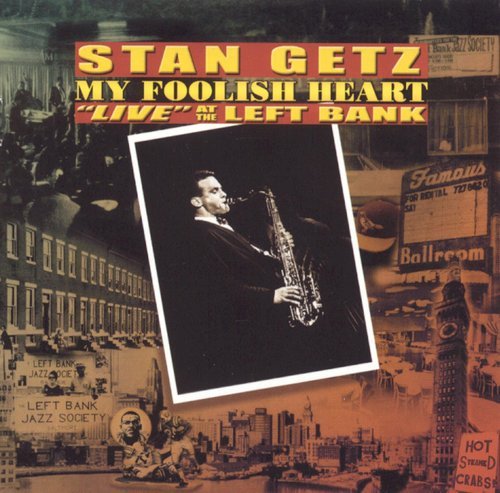
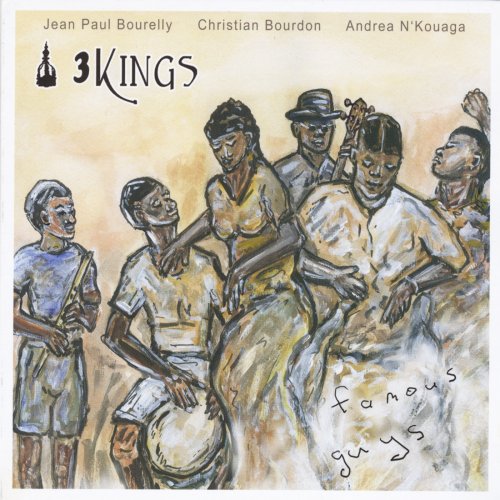
![Dominique Fils-Aimé - My World Is The Sun (2026) [Hi-Res] Dominique Fils-Aimé - My World Is The Sun (2026) [Hi-Res]](https://www.dibpic.com/uploads/posts/2026-02/1771404623_folder.jpg)
![Sababa 5 - Ça va Ça va (2026) [Hi-Res] Sababa 5 - Ça va Ça va (2026) [Hi-Res]](https://img.israbox.com/img/2026-02/19/fjh6s1r25i49g9yulzp8ivi4c.jpg)
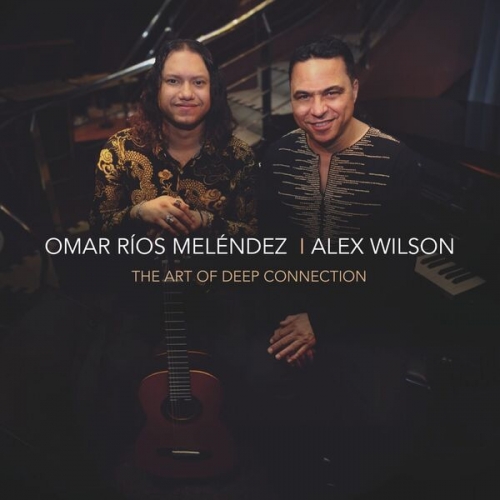
![Jon Henriksson, Pelle von Bülow, Rasmus Holm - Monkurt (2026) [Hi-Res] Jon Henriksson, Pelle von Bülow, Rasmus Holm - Monkurt (2026) [Hi-Res]](https://img.israbox.com/img/2026-02/15/ja2eavgnqk7dn4c3l9myzfk37.jpg)